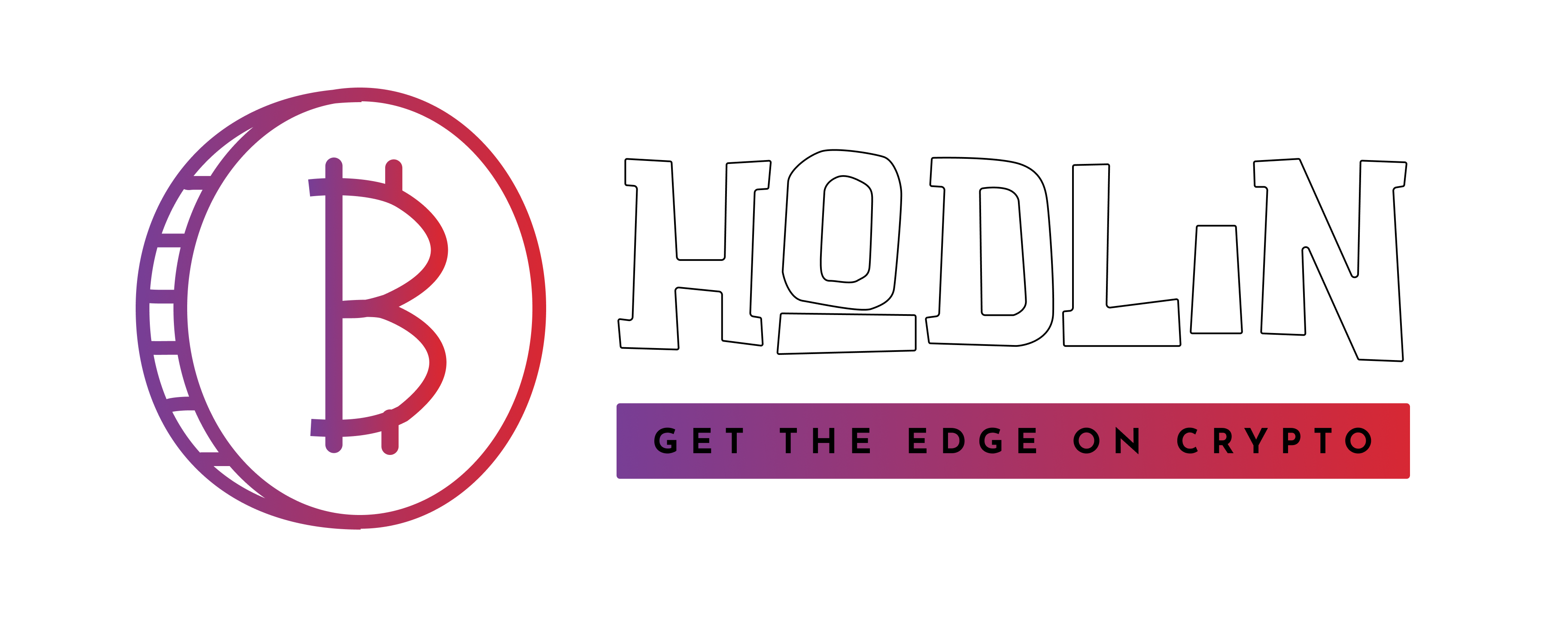**The Future of Blockchain: Decentralization vs Centralization**
Decentralization has been a key factor in the rise of Blockchain technology, allowing users to operate without the need for a central authority. However, recent trends have shown a shift towards centralized cryptocurrencies and exchanges. What does this mean for the future of Blockchain? Will decentralization prevail or will centralization take over?
**Decentralization Versus Centralization**
Centralized systems have control over all data shared on the network, posing a risk if the server is compromised. In contrast, decentralized networks offer anonymity and do not store private information.
**How Bitcoin Halving Impacts Decentralization**
Bitcoin halving, occurring every 4 years, reduces miner rewards and aims to increase demand and prices. However, this process may lead to centralization as miners join large pools to compete.
**The Degree of Decentralization in Blockchain**
Blockchain technology is still evolving and achieving complete decentralization takes time. Factors such as security, privacy, and governance play a role in determining the level of decentralization.
**Challenges of Decentralized Governance**
Blockchain governance can be costly, leading to varying degrees of centralization in platforms. Achieving true decentralization may require significant investment and effort.
**The Evolution of Blockchain**
While blockchain was designed to be decentralized, in practice, it leans towards centralization. Developers continue to work towards a more decentralized global platform for blockchain ecosystems.
In conclusion, the future of Blockchain lies in finding a balance between decentralization and centralization, adapting to the evolving needs of the industry while maintaining the core principles of transparency and security.

